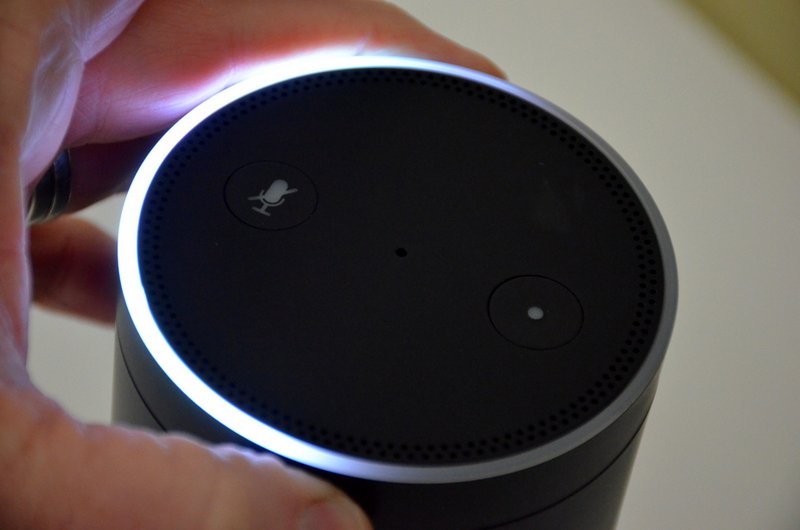Many thanks to SWLing Post contributor, Mark Hirst, who writes:
I’m pleased to announce that my Alexa skill has been approved by Amazon and is now available in the following countries:
Australia, Canada, the United States, and the United Kingdom.
Because single word skills are reserved for organisations and brand names, the skill name had to change and is now called ‘Shortwave Signals‘.
I’ve uploaded a video this morning with the finished skill in action:
Click here to view on YouTube.
Amazing, Mark! Thank you for developing this Alexa skill!
I’ve been beta testing Mark’s Alexa skill and have been very happy with the results. It makes for a nice hands-free way of checking broadcast schedules while in the shack. And it seems like only yesterday when Mark was tinkering around with the idea to create this skill.
Bravo for making Shortwave Signals a reality, Mark!
If you own an Echo or Alexa-enabled device, simply open the Alexa App and search for the Shortwave Signals skill to activate it.
We only have one Amazon Echo device in our house–the one I evaluated for my WiFi radio primer a couple years ago. As Black Friday approaches, I’m going to keep my eye on the Amazon Echo Dot for my radio room–the 2nd generation units are quite inexpensive (as low as $29.99 for a certified refurbished unit).
Click here to search Amazon for an Echo device (affiliate link).


Will the All-new Echo Dot (3rd Gen) – Smart speaker with Alexa from Amazon, $49.95,
work with the Alexa App, Shortwave Signals, and look up broadcast schedules ?
Thanks, JR
Yes, it certainly should!
Mark what is the source of your data? Mike
Mike,
The raw data comes from http://www.eibispace.de, which is used by a number of phone and desktop apps.
I do a lot of reprocessing of that data to make it more speech friendly, as it contains abbreviations and contractions which look fine on screen but sound bad when read literally by Alexa.
So:
R.Argentina al Exterior Tu-Sa becomes Radio Argentina al Exterior, Tuesday to Saturday
WIBC Indianapolis, IN becomes W I B C Indianapolis, Indiana
Mark
Pretty cool. It would be nice if you could say “now” or just assume you mean the current time if you don’t specify one. Great start though.
Grant,
Thanks for the feedback.
Alexa does understand the concept of now, and there is a way of using with Shortwave Signals:
Alexa, ask Shortwave Signals who is broadcasting on kilohertz right now
Unfortunately Alexa interprets ‘right now’ in the local time zone, so this doesn’t play well with broadcast times in UTC unless you are in the UK or in its time zone.
I do see locale information from the users device when processing their question, but nothing about the time zone they are in.
For this reason, I didn’t include it as a test phrase in the submission to Amazon or in the help messages; outside of the UK timezone, it would never really work.
Mark
For this reason, you may wish to implement this functionality in the backend. If you have a specific prompt for now, your JS can understand that the request is for the current time, which it can know, and use this time in the request.